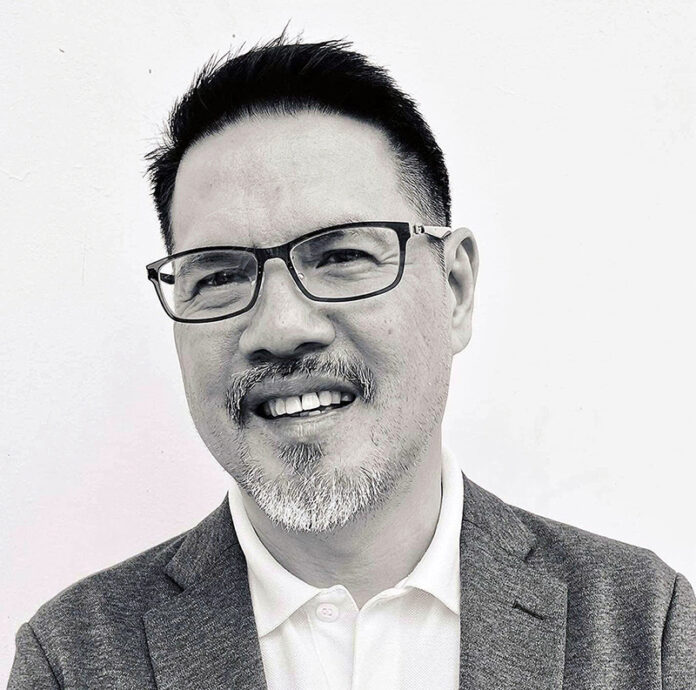Different Setting, Different Customs Model
In the Philippines, with customs collections significantly contributing to approximately 15% of national revenue, the role of customs has primarily been that of a revenue-collecting agency. In recent decades, evolving government policies have made customs functions wide-ranging and more complex. Other than the revenue functions, customs has been given the task of implementing various government policies and initiatives affecting trade, agriculture, health and public safety, statistics and border security.
In other customs jurisdictions like Hong Kong and Singapore where revenue collections are insignificant or where there is less reliance on such revenues, the customs function is merged with the immigration and port functions and is more relevant for census and statistics purposes.
Many of the more modern customs jurisdictions have become less reliant on revenue collections and as such, their functions have now been focused on areas such as:
- border security and protection,
- customs and trade compliance,
- facilitation of legitimate trade,
- interdiction of prohibited and illicit goods,
- enforcement of restrictions and regulations,
- protection of Intellectual Property Rights (IPRs) and cultural heritage, and
- implementation of free trade agreements (FTAs)
It is not surprising therefore that where customs is focused on revenue collections, it is attached to the treasury or finance department. If the focus is on border protection, then customs is attached to the border agency, and if the focus is on trade facilitation, it is attached to the trade department.
In various settings, customs will have major similarities in functions, but will have varying differences depending on government priorities and expectations.
Modernizing PH Customs
For Philippine customs, every administration and customs commissioner has had varying priorities and directions. Given the highly-politicized environment, many of the customs initiatives under these various leaderships were focused on short-term projects and solutions resulting in the lack of sustainability of programs.
Amidst the demands of a globalized economy, what should be the focus and mandate of a modern customs? Is customs a revenue agency, an enforcement agency, a customer-driven trade promotion agency, a border protection agency? It is any and of all of the above.
In general, customs has to collect revenue, protect citizens from illicit trade, promote legitimate trade, enforce health, safety and environment regulations, and secure borders. In specific terms, how should this be done?
A modern customs must have the following functions and capabilities:
- an efficient and streamlined organization,
- a regulatory environment that promotes efficiency and transparency,
- a competent, multi-skilled and specialist work force,
- a contemporary compliance management program focusing on prevention rather than interdiction,
- a fully-automated process and management system, that is simple, transparent and efficient,
- a comprehensive single window automated dashboard for all users (importers, brokers, shipping lines, airlines, forwarders, consolidators, arrastre operators, warehouse operators, and all trade regulating agencies),
- a modern non-intrusive inspection equipment and facility for the control of trade, transport and travel in ports and airports,
- an intelligence-driven, IT-supported and audit-based customs control and risk management system,
- a paperless trade facilitation program for compliant traders,
- a mutually-recognized security program (AEO program), and
- an information management system (using big data technology) to assist in the investigation of revenue fraud and other non-compliance offenses.
A review of current operations and systems of PH customs will indicate that many of the functions and capabilities of a modern customs are inexistent or are in the development stage.
With limited budget and resources, the challenge for PH customs is how to effectively perform its mandate even as it attempts to reform and modernize itself. For many decades, PH customs has yet to craft a strategic framework for customs modernization and management. In the absence of such framework, reform efforts by PH customs will remain on an ad-hoc and piece-meal basis, with every change in administration providing a different direction on how customs intends to function in the modern era.
Agaton Teodoro O. Uvero is an international trade lawyer and a logistics and supply chain consultant. He previously served as Deputy Commissioner for Assessment and Operations at the Bureau of Customs and later, as Legislative Liaison of the Department of Finance. For questions, please email at agatonuvero@yahoo.com.




